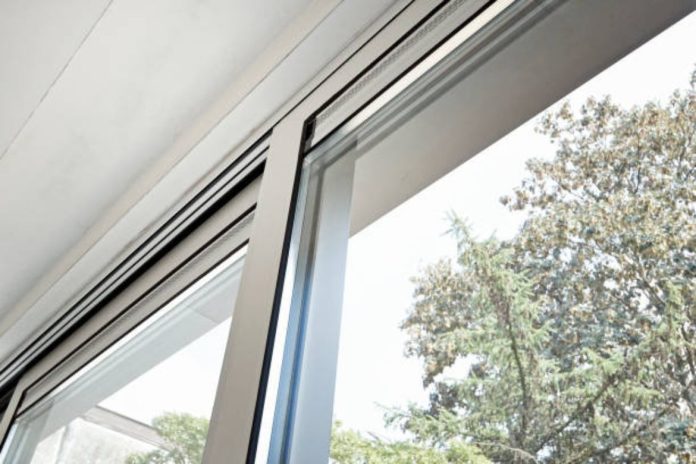In this guide, we’ll help you navigate the process of choosing the perfect aluminium windows for your home.
Considering New Windows or Upgrading Existing Ones?

Before diving into styles and designs, your primary decision involves selecting the frame material. The most common options today are wood, PVC, and aluminum.
Why Opt for Aluminum?
Aluminum, derived from bauxite, is abundant in the earth’s crust, making it a cost-effective choice. Its high recyclability and widespread use in construction are due to its lightweight, durability, and easy extrusion.
Durability of Aluminum
One of aluminum’s standout features is its resilience. It’s highly resistant to various weather conditions—whether it’s heat, cold, or rain—and requires minimal upkeep (a simple clean with water and mild soap suffices). Specialized aluminum profiles are available for environments with harsh conditions, such as coastal areas.
Sustainability and Recycling
Unlike many plastics that have limited recycling potential, aluminum can be recycled repeatedly without degradation. Over 70% of the aluminum used in Europe, for instance, comes from recycled sources, reducing its environmental impact significantly.
Aesthetic Versatility
Aluminum frames offer an extensive range of finishes—lacquered, anodized, and colored. Its strength and lightness allow for sleek, minimalist designs that other materials can’t match. Whatever your home’s style, there’s likely an aluminum profile to complement it perfectly.
Key Considerations
When selecting windows, both the glass and the frame are crucial for comfort, influencing aesthetics, thermal performance, and sound insulation.
Thermal Insulation
Aluminum’s natural conductivity is a drawback, but this is mitigated by thermal break technology. This involves placing a polyamide and fiberglass barrier between the profile’s inner and outer layers, drastically reducing thermal transfer. Opt for profiles with thermal breaks and double-glazed, gas-filled glass to enhance insulation and reduce energy costs.
Condensation Management
Condensation can be an issue with aluminum due to its conductivity. Thermal breaks are essential to prevent external temperatures from reaching the frame’s interior, thereby reducing condensation risks.
Acoustic Insulation
Effective thermal insulation often correlates with good sound insulation. In noisy environments, it’s crucial to have well-designed profiles and potentially specialized acoustic glass to ensure a peaceful home.
Hardware and Design
Quality Hardware
High-quality hardware is vital for effective sealing, durability, and overall window longevity.
Design Considerations
For home use, choose profiles with elegant, understated finishes that enhance natural light and maximize the glass area. The focus should be on minimizing the visible profile to create a sleek look.
Installation Matters
Finally, proper installation is key. An aluminium window manufacturer ensures accurate measurements and proper sealing for maximum performance and longevity. Experienced professionals guarantee that your windows are perfectly aligned and waterproofed, ensuring optimal performance.
By considering these factors, you’ll be well-equipped to choose aluminum windows that enhance your home’s comfort, efficiency, and aesthetic appeal.









